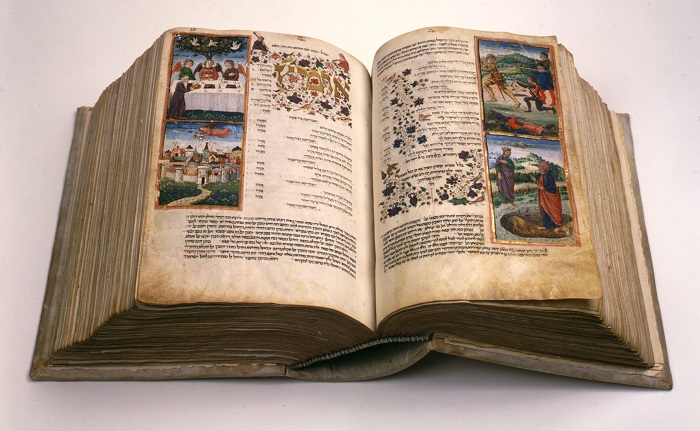ENGLISH CORNER, CON LINDA JIMÉNEZ – Sukkot, pronounced Sukkos by Ashkenazi Jews, is a biblical Jewish holiday celebrated on the 15th day of the month of Tishrei, between late September and late October. The holiday lasts seven days in Israel and eight in the diaspora. The Hebrew word sukkot is the plural of sukkáh, súkkah for Ashkenazis, which means “booth or tabernacle”. This is a temporary hut constructed specifically for use during this festival.
Throughout the holiday, meals are eaten inside the sukkah and some people sleep there as well. On each day of the holiday, members of the household recite a blessing over the lulav, which is a closed frond of the date palm tree, bound with boughs and branches of the willow and myrtle trees and etrog–esrog in Yiddish–which is a perfect yellow citron. These are known as the “four species”.
Sholem Aleichem is probably the best-known and most well-loved Yiddish writer. He was born Sholem Rabinovich in Russia in 1859, and died in New York in 1916. He did a lot to promote Yiddish writers, and was the first to write children’s literature in Yiddish. While he was a zionist, he was also an impassioned advocate of Yiddish as a national Jewish language. Sholem Aleichem is especially known for his stories of life in the shtetl, the typical Eastern European Jewish village. This story, The Esrog, takes place in Kasrilevke, the quintessential shtetl that the writer created as a setting for many of his stories. It is written partly in the first person and partly in the third, and is from the book Holiday Tales of Sholem Aleichem, published by the Macmillan Publishing Company in 1979.




